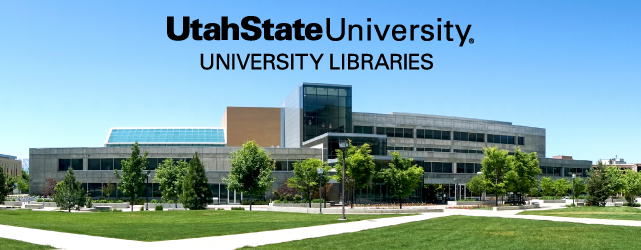Document Type
Presentation
Journal/Book Title/Conference
Electronic Resources and Libraries 2017
Location
Austin, Texas
Publication Date
4-2017
Abstract
The last thirty years have been a period of marked crisis and promise in the world of scholarly publishing. On one hand the "serial crisis" has crushed the academic librarian budget to the point where cuts are more prevalent than new purchases, but on the other the promise of open access allows for new investigative playgrounds for scholars and students across the world that are often outside of these dwindling budgets. Citing these challenges Dan Cohen wonders about the “social contract” of scholarly publishing, or the larger agreement between authors and readers on quality and availability of academic work. In this he posits about a time where digital publishing and blogging will get over the barriers of “legitimacy” given to traditional brick and mortar academic publishing houses. Two publishing ventures stand at the precipice in this time; the institutional repository and the library based University Press. While University Presses struggle to survive in an economically difficult publishing environment, the Institutional Repository has significant backing in library communities and yet struggles to enlist interest and integration. Collaboration and connection between these two entities is a must for the future of the library's role in the scholarly enterprise.
This paper will explore the potential that exists in collaboration between institutional repositories and University Presses. Drawing from my own experiences, symbiosis is not only possible but increasingly central to the proliferation of both scholarly outputs. Depositing University Press books and journals into the Institutional Repository allows for greater access for these materials, fulfilling our goals on the public interest level, while, in turn, giving academic and scholarly weight to the institutional repository as a source for useful, and used, information. By promoting and depositing the University Press through open access repositories we breathe new life into important, and sometimes forgotten, pieces of the intellectual campus environment while in turn fostering the opportunity for further Open Educational Resource related access to high quality materials for classrooms. In the end, the open platform will allow for greater diversity of thought and audience for these works while maintaining the intellectual rigor ascribed to works published by University Presses.
Recommended Citation
Burns, Dylan, "Beyond The Publishing Social Contract: University Presses and the Institutional Repository" (2017). Library Faculty & Staff Presentations. Paper 97.
https://digitalcommons.usu.edu/lib_present/97


